The rise of public lands awareness
Americans step up to defend American soil
The public lands where Americans are free to fish and hunt and recreate have long been coveted by what Theodore Roosevelt called the “selfish interests.” As long as there have been public lands, there have been attempts to privatize them.
Beginning most recently in 2014 and largely driven by the American Lands Council, a renewed attack on public lands ignited in state legislatures and spread even to the halls of Congress. The Utah Legislature demanded that the U.S. taxpayers relinquish U.S. Forest Service and Bureau of Land Management-managed lands to the state and other Western states considered similar statements.
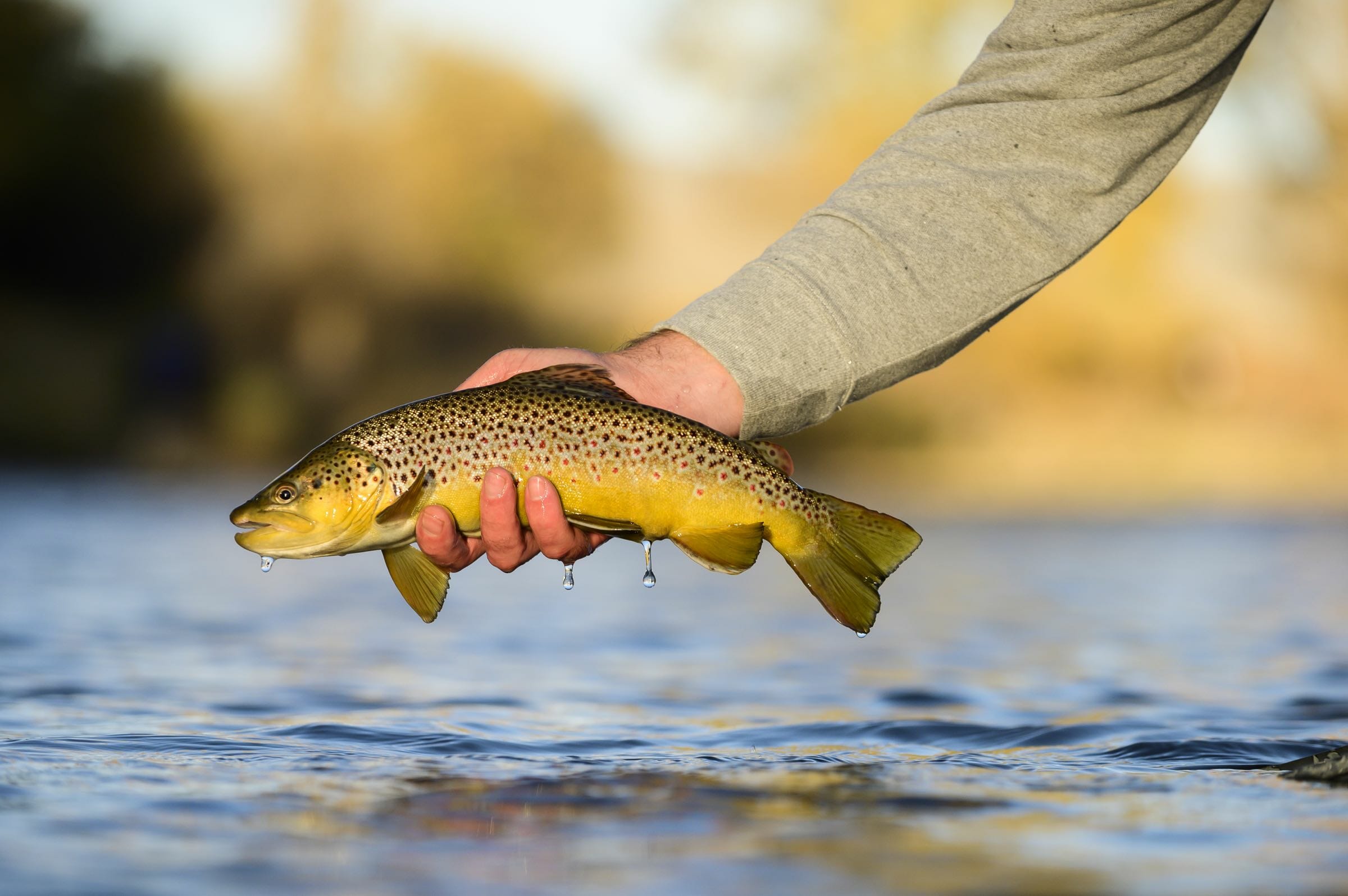
Beautiful colors on a late season brown trout.
Early on, many in the conservation community downplayed the threat — it was viewed by many as simple bluster and something largely unrealistic. After all, American public lands belong to the people of the United States — the land-management agencies are just that: land managers. The initial thought was that states had little power to wrest away American public lands from the people, but political pressure coupled with deep-pocketed corporate interests made the threat more real than it should have been.
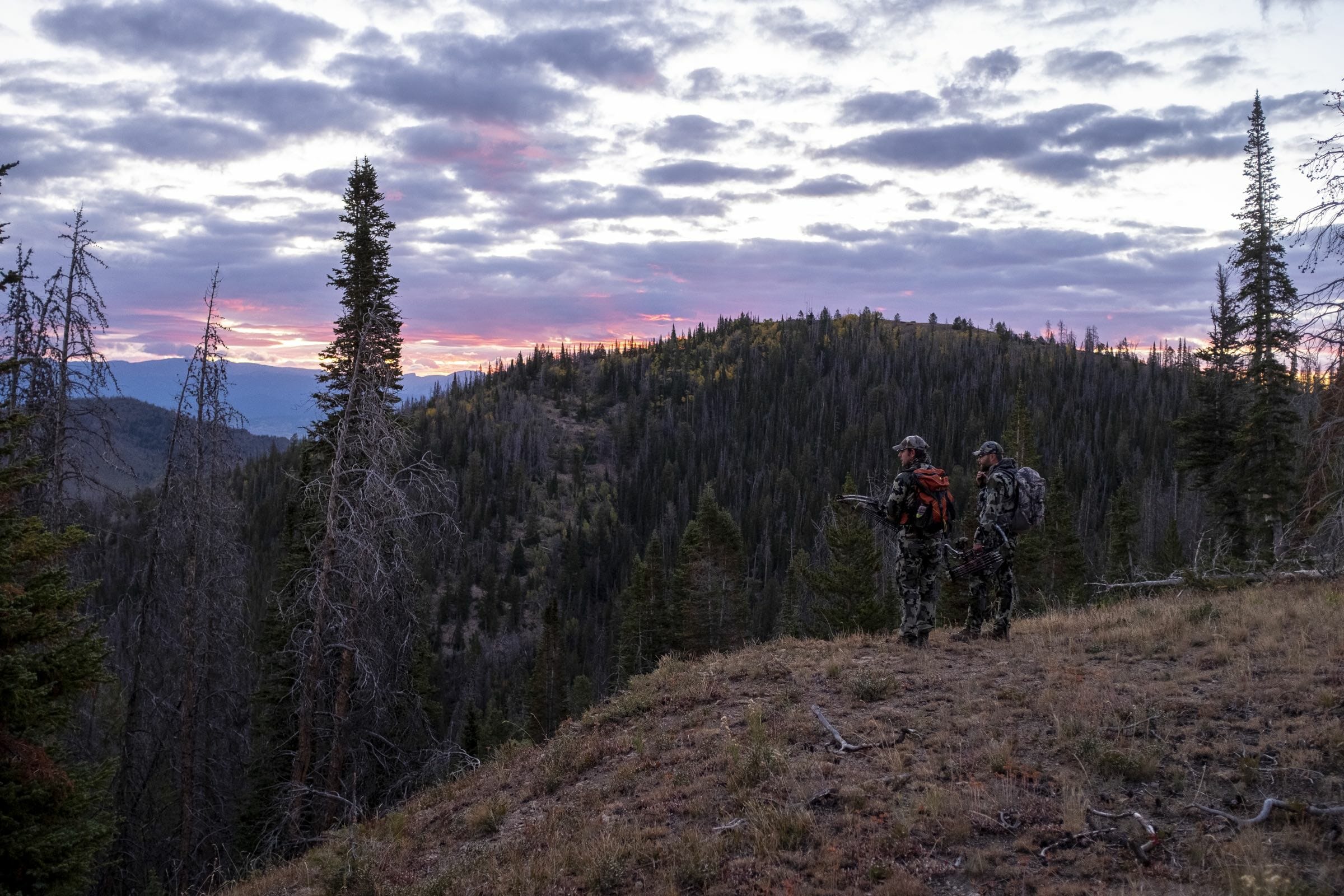
Early morning’s during archery season are full of anticipation.
Trout Unlimited was in a unique position with staffers working daily in many western legislatures (we currently staff every western legislature). Our organizers took the threat seriously and went to work in the trenches, bringing our grassroots and business members to bear in New Mexico, Idaho, Colorado, Utah, Arizona, Nevada, Montana, Washington, Oregon and Wyoming. Trout Unlimited organized rallies and turned out hundreds of phone calls and letters to local officials.
“Keep your hands off our public lands” became a rallying cry and hunters and anglers spoke in a unified voice for the protection of western public lands. Thousands of camo-clad advocates turned up at state capitols and committee hearings.
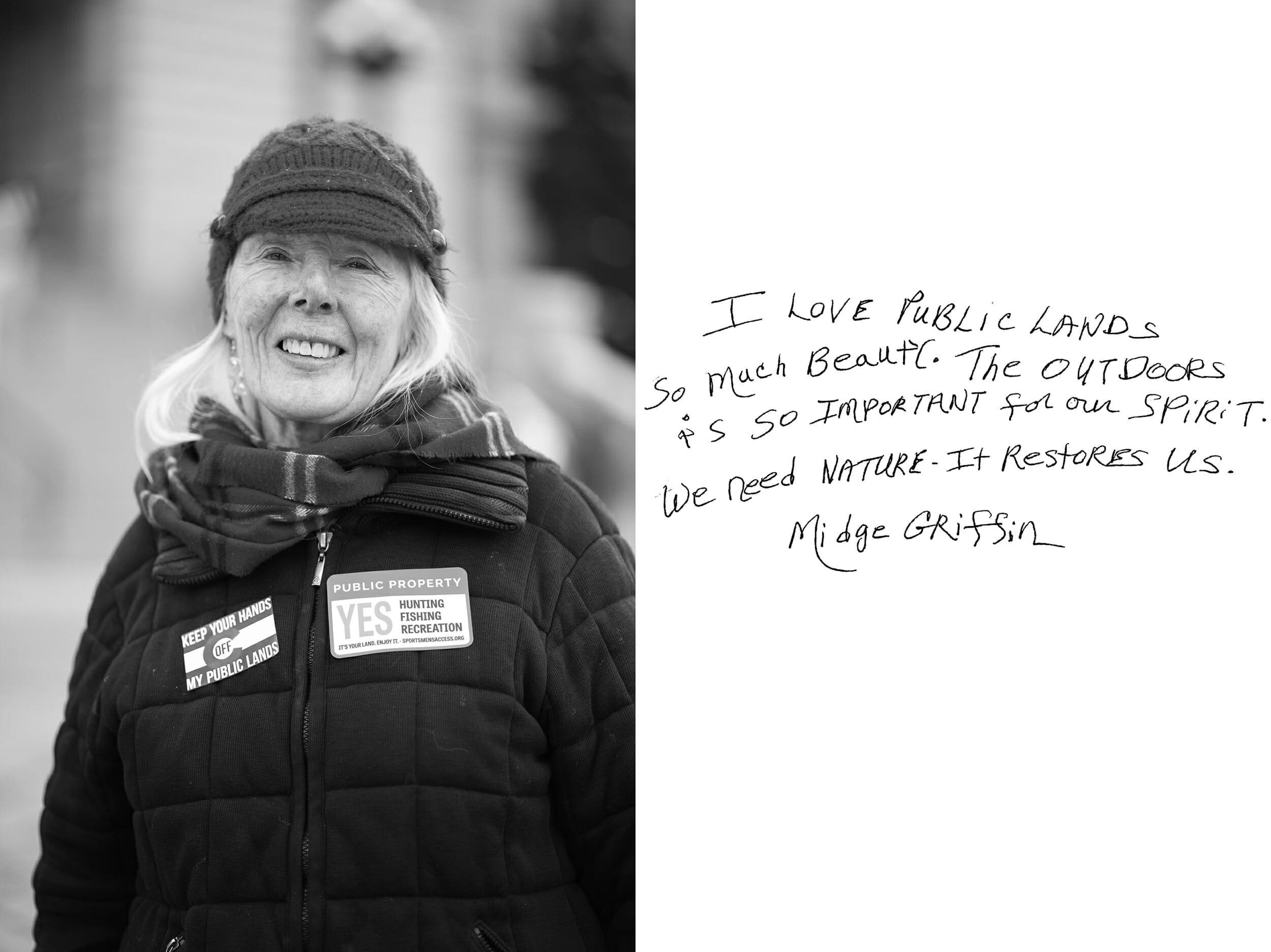
Anglers and hunters use their voices to fight for public lands at the state capitol in Denver, Colo.
In 2015, a budget amendment that supported selling public lands or transferring them to states narrowly passed the U.S. Senate. The amendment was largely symbolic, but it was a wakeup call for public–lands advocates that Congress had not gotten the message about public lands and the people to whom they belong.
The reactivated grassroots and staff who had been working at the state level turned their attention to congressional delegations. Politicians soon dropped public land transfer proposals after facing strong opposition from in–state hunters and anglers.
By 2018, state legislative efforts to “take back” lands owned by the American taxpayers were dead on arrival and many of the champions of the idea were no longer in politics, several having lost re-election over their stance on public lands issues.
In those early days of the transfer fight, enthusiastic, bipartisan support for public lands legislation would have seemed far-fetched, but the major victory to come out of the public lands transfer movement was not merely the successful defense against transfer. The most significant victory was the remobilization of hunters and anglers as a non-partisan grassroots corps in defense of our American public lands.
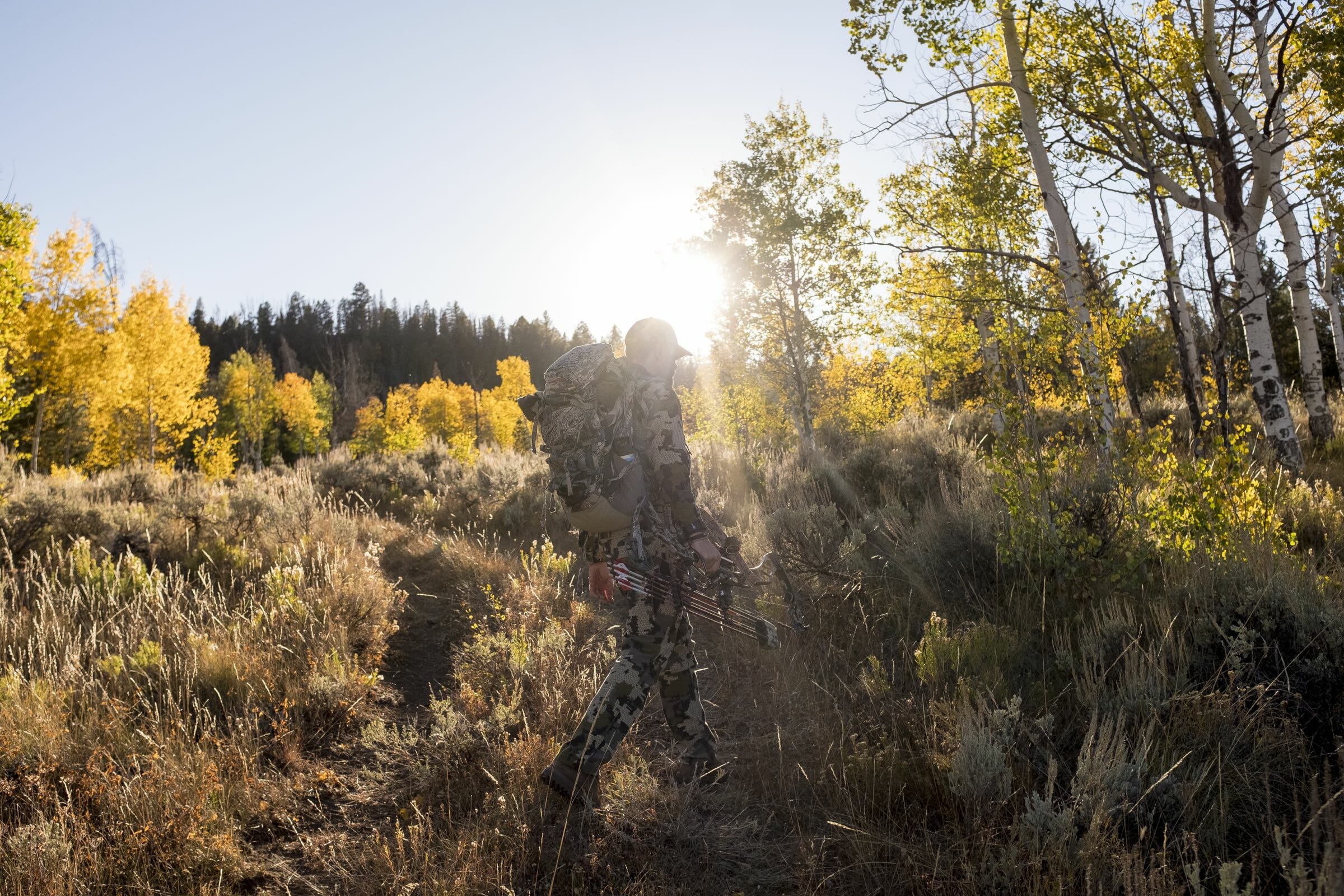
Trout Unlimited works in every western legislature to ensure anglers and hunters have quality experiences on public lands.
The Great American Outdoors Act passed the house July 22, 2020, after cruising through the Senate a month earlier, fully funding the Land and Water Conservation Fund for the first time since its creation in 1964. Many of the congressional representatives in the House and Senate who voted to pass the Great American Outdoors Act took anti-public lands votes in 2014 or 2015.
An enthusiastic force – built by Trout Unlimited and our partner organizations to fight the selfish interests seeking to privatize our public lands – turned the tide and generated congressional support for the passage of LWCF. Along the way, we taught elected officials at both the state and federal levels that it doesn’t matter which political party you belong to, hunters and anglers support public lands funding, and we won’t stand for privatization efforts.
1
2
3
4
Growth and change
- Innovation and conservation
- Playing the long game
- Off Road Vehicle and Sportsmen Ride Right
- Oregon and Arizona Mineral Withdrawals
- Overcoming congressional gridlock with public lands planning
- Working in state legislatures when Washington, DC, is broken
- The importance of national monuments
- Fight against selling state land
- Alaska Tongass National Forest
- Alaska Pebble Mine
- Utah Roadless
- Washington Steelhead fishing regulation changes
- Land and Water Conservation Fund
5